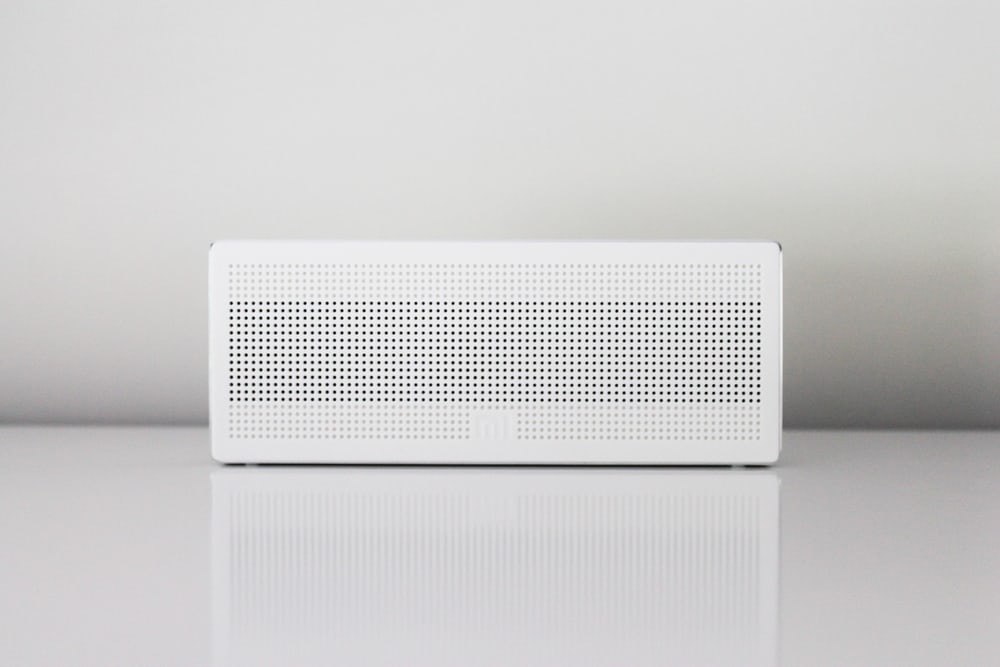When a person is completely healthy, all systems are working fine and the body is operating as it should; there are always a number of internal processes lurking in the background waiting to take effect when they’re needed. For instance, the average person is actually already holding a lot of potential diseases within their body, but they aren’t apparent in the body because the immune system and various other defense mechanisms are actively keeping the allergen or bacteria at bay. Just like how many people test positive for COVID-19 even though they aren’t exhibiting any symptoms and don’t feel sick at all.

Allergies are a prime example of diseases that only surface under certain conditions. For most people, the transitional phase between seasons is a time when allergies act up. This is because during this time the body is adjusting to changes in the external environment; this also has a mental impact on some people. All of these changes combined can compromise the various defensive mechanisms in the body and result in an allergy outbreak. While we can’t do much about the environment around us, there are a few things you can do to mitigate and even deflect the impact of the external factors that cause allergies.
1. Humidity
Some of the most common and most uncomfortable allergies are those that target the respiratory system. Whether that is in the form of asthma attacks or just a bad cough, not being able to breathe can impact everything in the body. One of the main factors that cause severe respiratory problems is humidity. When the level of humidity changes, or there are frequent changes in the humidity of the air, such as going from an air-conditioned to a non-air-conditioned environment frequently, this can cause breathing problems. While you can’t change the humidity level outside, what you can do is monitor the humidity within your home and try to keep it as close to the external environment as possible if you go out often. If you have the luxury of being able to stay indoors most of the time, then you can adjust it to what works for you and try to maintain it at that level.
2. Air Quality
Unlike solid and liquid forms of pollution such as trash and waste liquid chemicals, gaseous pollution is something that can move from region to region. Towns and cities that neighbor bigger cities with a lot of air pollution eventually have to face the same consequences. In order to counter this, you can click here and find out how you can filter the air that enters your home more efficiently. When you are outside, the best solution is to wear a face mask that will filter the air you breathe to some degree. Also, keep an eye on your local AQI so you can stay on top of things and prepare accordingly.
3. Exercise
With so many people working from home, driving all day, or sitting at desk jobs for the majority of their work-life, it has become increasingly difficult to stay fit. To some degree, this is because people don’t pursue enough physical activities; digital entertainment is made to be more convenient, but this is also because people just don’t have the time. That’s why something like HIIT training can be very effective. You get all the benefits of living a healthy lifestyle and it only takes a few minutes a day. More importantly, it’s a short and intense workout that can be modified to suit your needs. Whether you are looking for fat loss, hypertrophy, endurance, or strength, HIIT can help you achieve the goal.
4. Vitamins And Minerals
We all realize the importance of a healthy and balanced diet but few people think beyond simple macros. Keeping your weight in check and maintaining a decent amount of fat is very different from actually having a healthy body. If your diet isn’t rich in essential vitamins and minerals this is going to be a major hurdle when it comes to fighting off diseases and allergies. Your best option is to supplement your diet with multivitamins and necessary minerals. This can help you overcome deficiencies and build a stronger body both inside and out.

Most of the ideas on this list are quite basic and easy to implement. The main challenge is being able to implement them efficiently and consistently enough in your day-to-day life. Being disciplined enough to exercise every day, eat the right food and make sure you are equipped to tackle your natural environment can be tough. Take small steps and start with the basics. As you develop a routine and get a better understanding of what works for you, build from there.
















